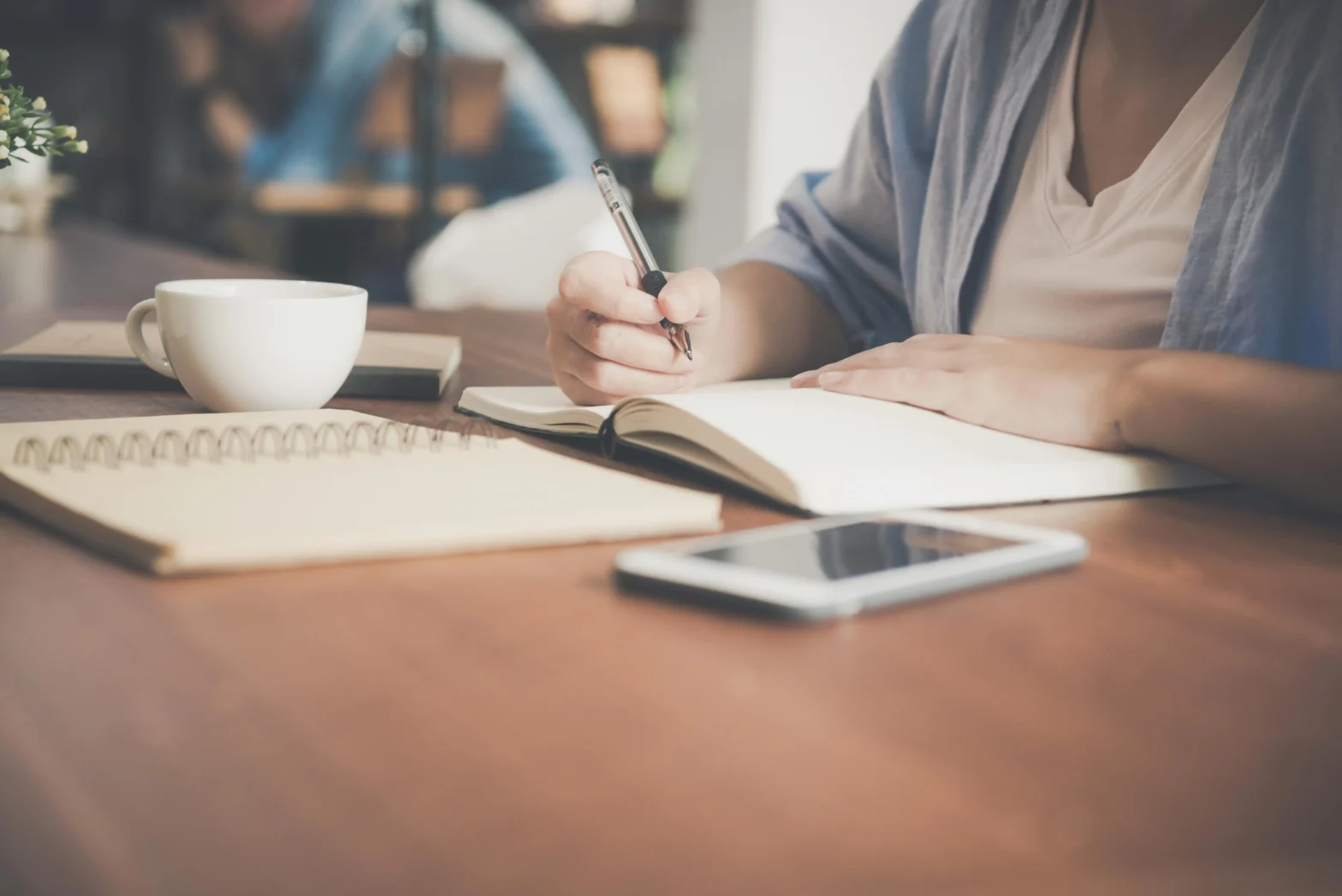Getting out of debt is tough—but it’s nearly impossible if you keep adding new charges while trying to pay it off. If you’re serious about breaking the debt cycle, the first move is to stop the bleeding. In this post, we’ll share five simple and effective steps to help you stop accumulating new debt and concentrate fully on repayment.
1. Put a Freeze on Your Credit Cards
If your credit cards are the main source of new debt, take a break from them. Try the following:
- Leave them at home or remove them from your wallet
- Delete them from online shopping accounts
- Use cash or a debit card instead
You don’t need to close your accounts (which could affect your credit score), but taking a temporary pause on usage can stop new charges from piling up.
2. Create a Bare-Bones Budget
When you’re serious about paying off debt, a minimal budget is your best tool. Focus on essentials:
- Rent or mortgage
- Utilities
- Groceries
- Transportation Cut out non-essentials like streaming services, takeout, and shopping sprees—at least temporarily. Allocate any extra funds to debt repayment.
3. Set Up Automatic Payments for Essentials Only
Avoid missed payments while staying in control. Set up automatic payments for:
- Utilities
- Minimum loan payments
- Insurance Avoid enabling autopay for subscription services or anything that isn’t necessary. This ensures your money is directed where it matters most—towards reducing debt.
Explore More: How to Create a Simple Plan to Pay Off Credit Card Debt Fast
4. Use the Cash Envelope System
The envelope method is a great way to stay disciplined with spending. Here’s how it works:
- Withdraw a set amount of cash for weekly expenses
- Divide it into envelopes labeled: groceries, gas, miscellaneous
- Once the cash is gone, no more spending until the next week
This method helps eliminate impulse purchases and keeps your budget on track.
5. Find a Free or Low-Cost Side Hustle
To accelerate your debt payoff, boost your income with a side hustle. Try options like:
- Freelancing (writing, design, programming)
- Selling unwanted items online
- Online tutoring or virtual assistant work
Apply all extra income directly toward your highest-interest debt to pay it down faster.
Final Thoughts
Stopping new charges is a crucial step in the journey to financial freedom. By freezing your spending, building a tight budget, and staying focused on repayment, you can start making real progress toward a debt-free life. Remember, consistency is key—small steps taken daily can lead to big results over time.
Frequently Asked Questions (FAQs)
1. Will pausing credit card use hurt my credit score?
Not necessarily. As long as you keep the accounts open and make on-time payments, your score should remain stable or even improve over time.
2. Is it better to cut up credit cards or just stop using them?
You can simply stop using them without cutting them up. Keeping your accounts open helps maintain your credit utilization ratio and credit history length.
3. How do I stay motivated while paying off debt?
Track your progress, celebrate small wins, and remind yourself of the freedom you’ll gain once you’re debt-free.
4. What’s the best way to avoid impulse spending?
Use the cash envelope system, unsubscribe from marketing emails, and avoid browsing online stores unless necessary.
5. Can a side hustle really help with debt repayment?
Yes, even a few hundred dollars a month from a side hustle can significantly speed up your repayment plan when applied consistently.

